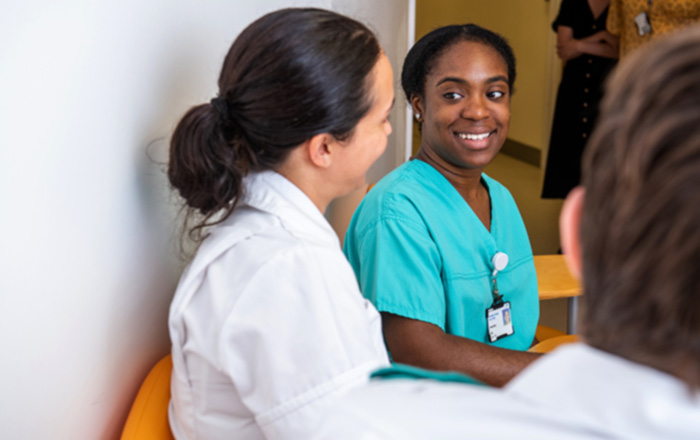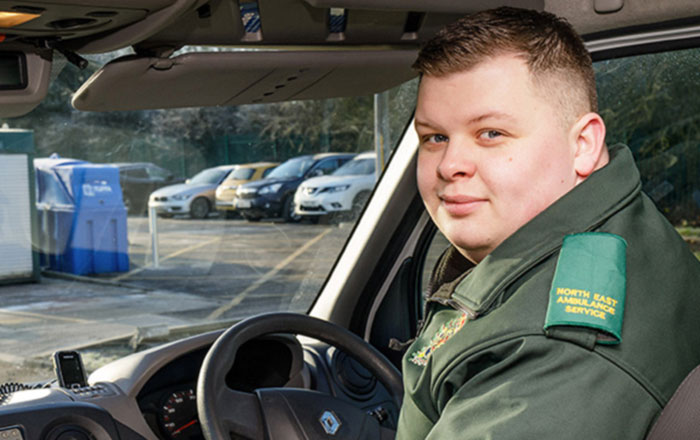Frequently asked questions
There’s no national agency for the whole of the NHS. In some parts of the country there may be an organisation that arranges work experience with lots of different employers and some NHS trusts will run their own schemes.
You could ask the human resources (HR) department at your local trusts or your local council.
Tens of thousands of young people, just like you, do work placements each year. There’s no magic trick to getting one, you just have to contact your careers adviser or your local NHS trusts. Sometimes you may have to ask again, but it’s worth being persistent! There might be occasions where placements at the trust are full but don’t forget there are other trusts in your area. If you have spoken to the hospital, try the mental health or primary care trust.
Up to a point. Work in the health service divides into ‘clinical’, where you directly treat patients, and ‘non-clinical’, which includes all the support services such as reception, cooking, cleaning, office work, looking after the buildings etc. Work experience co-ordinators will always try to put you in the most appropriate role, but it's important to remember that some patients aren’t well enough or don’t wish for a student to be involved in their care. Whatever the experience, it will help you get a better idea of working in the NHS and if you are heading down the right career path.
Not at all! Healthcare in the NHS is delivered in a variety of settings, including dental surgeries, GP surgeries, community nursing settings and ambulance stations. In principle, you can do work experience anywhere.
Students do a variety of things, including caring for patients, administration, catering and building maintenance. It all depends on what is available in your local area. The NHS in England is made up of hundreds of separate organisations – called NHS trusts – and each has its own policy on work experience and what they will offer.
You can read real-life stories of students’ own placements by visiting our work experience stories section.
Some trusts will accept students in year 10 but this will depend on the trust you will be applying to and the kind of work you will be doing. It is worth speaking to your local NHS trust directly or the work experience co-ordinator at your school or college.
Certainly. It could even be an advantage to apply when others aren't doing it! If you want to arrange something outside of school time, then you need to check that the NHS organisation has insurance to cover you while you are with them. This is usually not a problem, but you must check. Start by making contact with either the human resources, voluntary services or learning and development departments.
There are around 60 different types of doctor, from cardiologist to surgeon, and from anaesthetist to paediatrician. As well as speaking to your local NHS organisations, you may want to contact your nearest medical school to see if they give any particular advice about relevant work experience. If you cannot get a placement with a doctor, it might be useful to join the St John Ambulance service. Any experience of care work will be advantageous; the most important thing is being comfortable dealing with people who need care. Try and get a variety of experience, ideally with people of different ages and with different needs, such as the elderly, young people and those with mental ill health or learning disabilities. As well as the NHS, you could try social services departments, charities or elderly people’s homes.
Start by making contact with the human resources department of your local NHS hospital trust, ambulance trust, mental health trust or community provider. If you can't get experience within the NHS, try your local social education department (part of your local council). Speech and language therapists are employed in local councils as well as in the NHS.
Pharmacists work in a variety of settings including both NHS and private hospitals, and in community settings such as some GP surgeries, high street shops like Boots and Lloyds, and within some supermarkets. You could try all of these for work experience.


